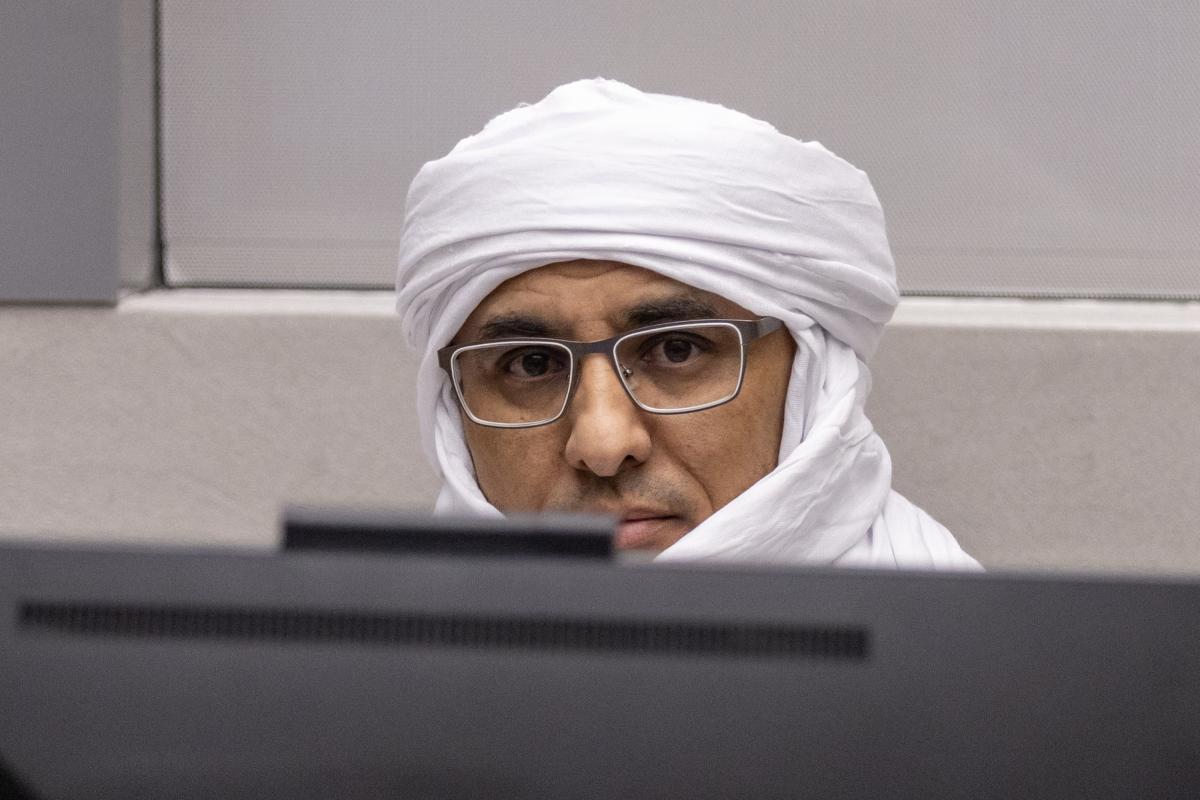
A Milestone in International Justice: Sentence of Al Hassan Slightly Reduced, But Victims Still Seek Closure
In an important, though nuanced development from The Hague, the Appeals Chamber of the International Criminal Court (ICC) today announced a 12-month reduction in the 10-year sentence of Al Hassan Ag Abdoul Aziz Ag Mohamed Ag Mahmoud — a name that has become synonymous with the brutal chapter of Timbuktu's occupation by jihadist groups in 2012-2013. The decision, handed down by a three-judge panel comprising Judge Luz del Carmen Ibáñez Carranza (Presiding), Judge Gocha Lordkipanidze, and Judge Erdenebalsuren Damdin, comes after a procedural review of Al Hassan’s sentence, which is customary once two-thirds of the term has been served. The new date for completion of his sentence is now set to 28 March 2027.
To the uninitiated, this may appear a minor adjustment in the course of international law. But for those of us following the tremors of global justice closely, this case is more than symbolic — it marks the ICC’s ongoing struggle to balance punitive justice with the potential for reintegration and reconciliation.
The Case That Shook Timbuktu and the World
Convicted on 26 June 2024 for war crimes and crimes against humanity, Al Hassan’s actions during the extremist rule of Timbuktu remain seared in memory. As a key member of the Islamic police under Ansar Dine and Al-Qaida in the Islamic Maghreb, he was directly involved in the enforcement of harsh Sharia laws. Women were particularly victimized, and acts of forced marriages, rape, and torture left lasting scars on the community.
His eventual conviction by Trial Chamber X was welcomed as a rare success in international jurisprudence against non-state actors. When he was sentenced on 20 November 2024, victims’ rights groups and human rights advocates across Africa and the broader Islamic world hailed the decision as a small but vital form of justice.
The Sentence Reduction: A Sliver of Leniency
The Panel cited several reasons for its decision to reduce the sentence: Al Hassan's cooperation with the court, his decision not to pursue further appeals, and expressions of remorse. These actions, the judges concluded, have helped facilitate progress in the reparations phase — crucial for victims still awaiting closure.
There was also acknowledgment of Al Hassan’s personal circumstances, and the views of the Republic of Mali were taken into account. Importantly, the Panel weighed how the sentence review would affect victims psychologically and symbolically.
While such rationale may make legal sense, it opens a broader debate: Should remorse and procedural cooperation weigh heavily enough to reduce punishment in cases involving systemic gendered violence and terror?
Justice vs Reconciliation: A Tenuous Balance
International courts like the ICC do not operate in a vacuum. They must tread the delicate path between legal precision, political pragmatism, and emotional restitution. The sentence reduction for Al Hassan — even if modest — sends a layered message.
To the victims, especially women survivors of Timbuktu's dark year, it may feel like justice is being bargained. To defenders of international law, it reflects a commitment to fair process and rehabilitation. And to the international community, it reminds us that justice is not merely about punishment but about healing — a slow, painful, and often imperfect process.
The case now enters the reparations phase. Here lies the true test of the ICC’s relevance: how meaningfully can it compensate victims, many of whom still live in fragile, destabilized regions? Can reparations be more than symbolic in Mali’s fractured landscape?
India, as a supporter of international justice and a vocal advocate for gender rights globally, must watch these developments with interest. They provide lessons not just in law, but in empathy, governance, and the global commitment to upholding human dignity.
In the grand theatre of justice, today's ruling is but one act. But for the people of Timbuktu — and for those across the world still fighting against the shadows of extremism — its implications will be felt long after 2027.

.jpg)




💬 Comments
No comments yet. Be the first to comment!